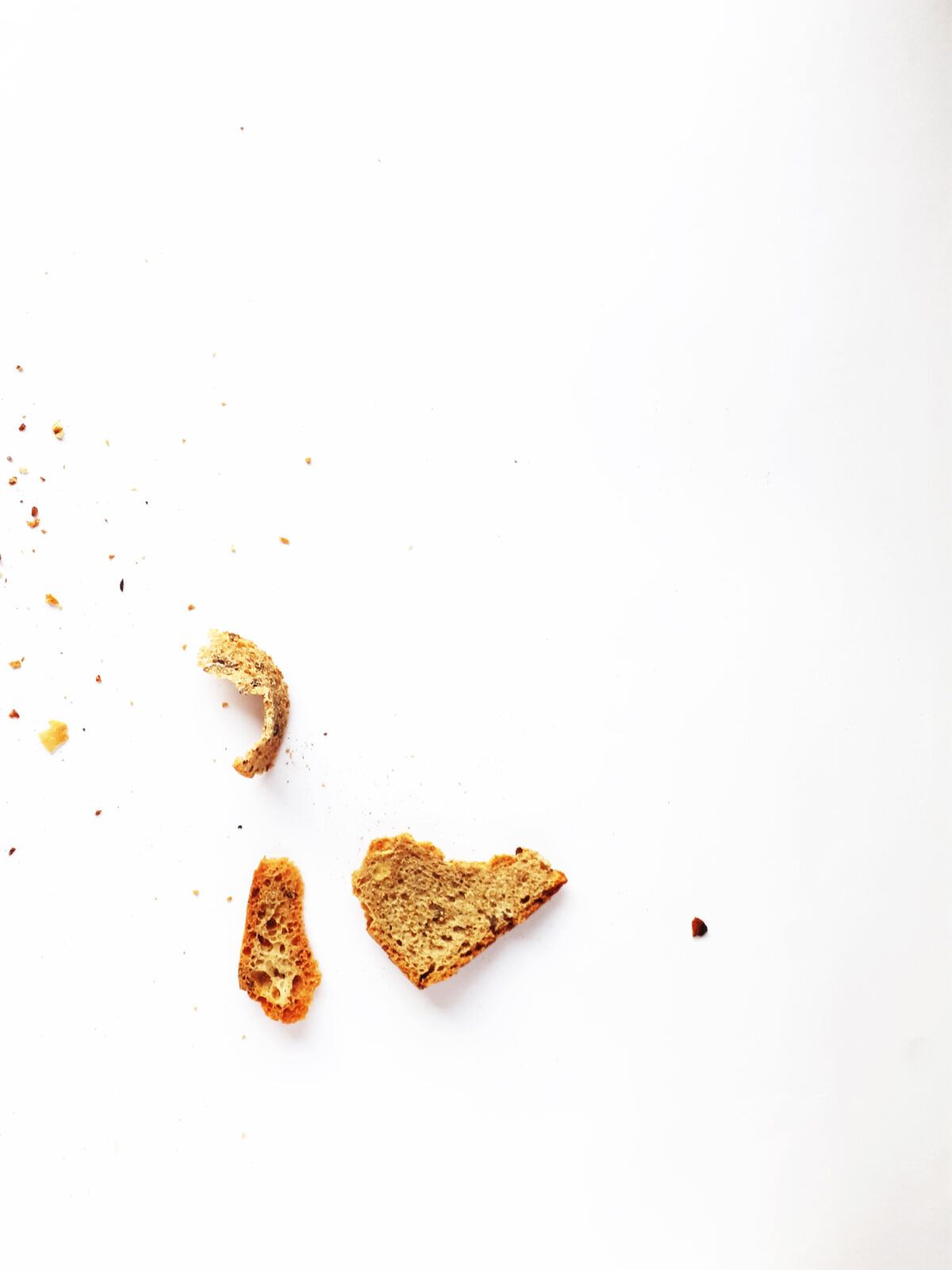Rusks
My aunt was drying rusks, drying bread. And she brought them to us (crying). And it helped us survive. She often brought them to us. How good they were back then, but now no one would eat them. They were very tasty then.
Luba Dmytriwna
The Ukrainian word “holodomor” means death by starvation and refers to the dramatic events that took place on the territory of the Ukrainian Soviet Socialist Republic in 1932-1933, after the Soviet authorities introduced compulsory collectivization. It was accompanied by the absolute obligation to provide free quotas of agricultural products to the extent exceeding the production capacity of the countryside.
When there was very little grain left in the granaries, the peasants tried to hide it to survive the winter and have something to plant their fields. However, the combined forces of activists from the communist party and the NKVD worked so effectively that few seeds were saved. Collectors with sharpened bars were walking around the houses, looking for hidden supplies. If they found anything, they took it together with the host.
The hunger on the land of fertile Ukraine was caused by political decisions. Several million people died of starvation then, there were acts of cannibalism.
In order to survive, people looked for food in the collective farm fields. The authorities then issued a decree commonly referred to as the “law of five ears of grain”, which meant that stealing or squandering the “socialist property” – even five ears of grain – was punishable by death or a ten-year stay in a labor camp. Over 125,000 people were sentenced on the basis of it in one and a half years.

